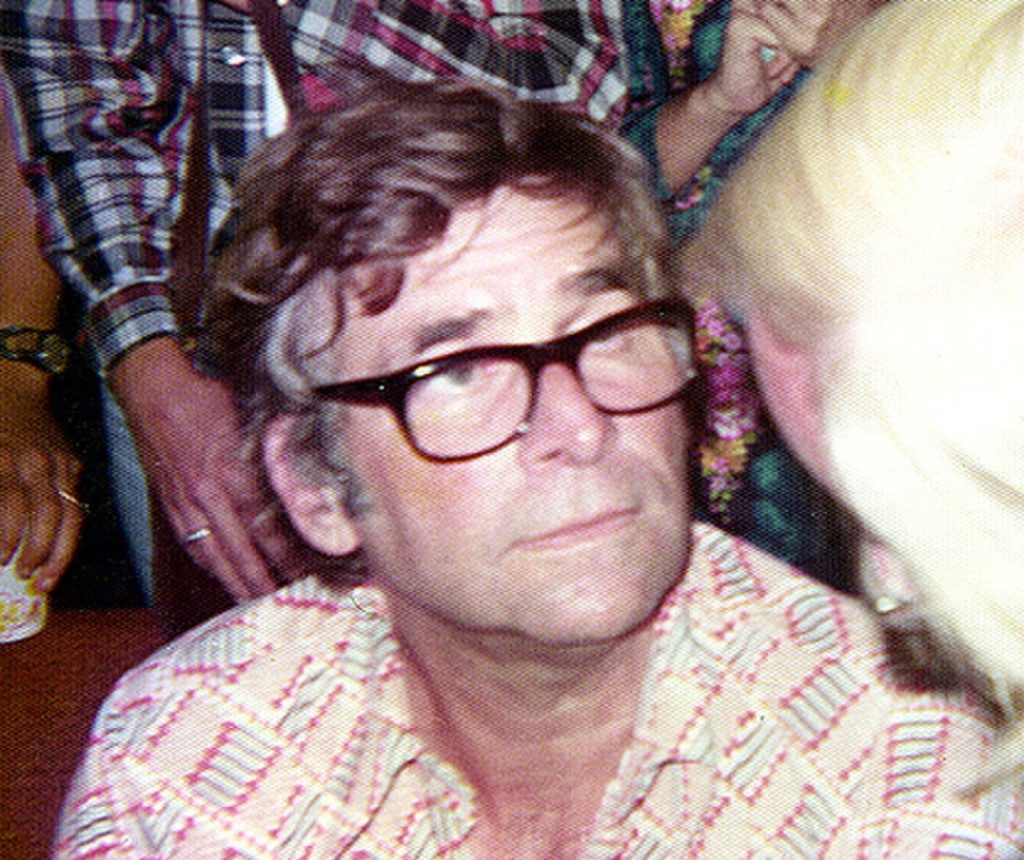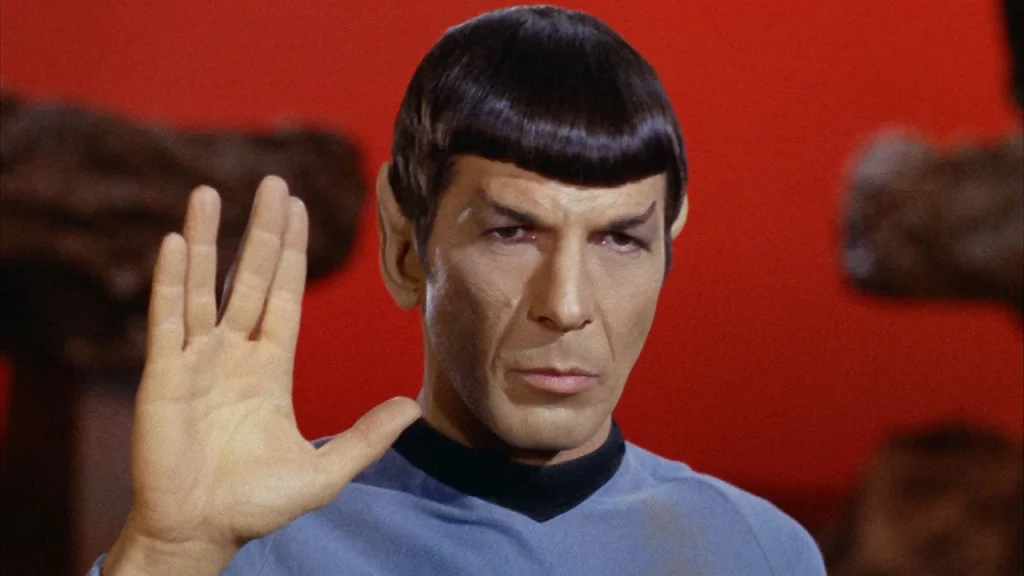
The moment those iconic opening notes of the Star Trek theme song blare across the screens, fans know they’re in for a journey like no other. The iconic score, with its soaring orchestral arrangement and William Shatner’s narration, “Where humanity reaches for the stars,” perfectly captured the essence of Star Trek.
But behind this legendary music lies a dark story of a scam, as creator Gene Roddenberry grabbed the opportunity of locking the original composer out of millions in royalties. Instead of a rewarding partnership, unfortunately, it became a financial nightmare for the composer.

Gene Roddenberry’s Star Trek composer who cost him millions in royalties
In 1966, Alexander Courage, a long-time orchestrator who had worked on the scores for movies like Show Boat, Gigi, and Seven Bridges of Seven Brothers, composed the unforgettable theme song for Star Trek. It would become one of the most recognizable TV themes in history, marking his only main theme composition for a series.

Initially, Courage was set to receive royalties for every episode aired and every rerun, an arrangement that could have made him a millionaire. However, the deal was quickly undermined by Gene Roddenberry, who saw an opportunity to secure a bigger share for himself.
“Trekkies” might already know, but the trivia has been verified by Snopes. It said that Courage had only made a “handshake deal” a couple of years ago. Roddenberry, under terms of this previous handshake deal, claimed authorship of the lyrics to the theme song, lyrics that were never intended for the show and never recorded.
Courage confessed; he later signed a contract, but unknowingly. The move was simple yet devastating; by inserting himself as a co-lyricist, Roddenberry effectively split the royalties, taking 50% of the earnings, leaving Courage with only half of what he was entitled to.
The legal outcomes were clear: Roddenberry was entitled to a share of the royalties as a co-creator of the theme, further profiting from Star Trek’s success. Courage was forced to settle for a much smaller share. He was reported to have been furious about this unethical move.
Alexander Courage refused to come back after Star Trek‘s first season

Courage was devastated by the betrayal. After scoring the music for Star Trek’s first season, he refused to return for the second, and of course, it is evident that the dispute over royalties played a major role in his decision. Roddenberry’s lyrics, “wandering in star flight” and “strange love a star woman,” are often seen as nonsensical and out of place. It doesn’t match the theme of Star Trek and its themes.
While the move was technically legal, many saw it as unethical, especially since the lyrics added little to the music or the show’s themes of exploration and diplomacy. Despite Star Trek growing into a billion-dollar franchise, Courage’s financial rewards were limited because of Roddenberry’s actions.
In the end, Roddenberry’s gain was Star Trek’s loss, and Alexander Courage’s enduring legacy is forever shadowed by a betrayal that cost him millions.
This post belongs to FandomWire and first appeared on FandomWire













